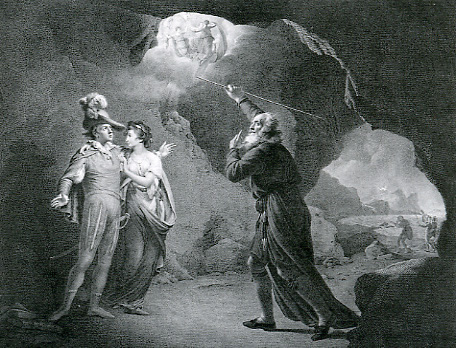In the act of remembering a great book, I looked up other readers' responses to the memorable James Gould Cozzens' novel, Castaway.
In our online world, it's very easy to access scholarly articles, literary criticism, and round it out with endless blog posts and social media commentary.
One such post I came across was from a reader who did not like Cozzens' style and struggled through Castaway. Reading about his experience, I came back to what is most important about that grand little novel.
Here is a snippet of the reader's thoughts:
It's a sort of book that one reads as a challenge and struggles with, rather than enjoys. It's one of those rare works that crosses Literary Significance with genre content. Still, I have to say I didn't like it much. It often was rather dull and drawn-out for my tastes, even for such a brief work (in hardcover, just over 100 pages). to survive and make sense of things like firearms and cooking would be good grist for their mill.
That part about the dull, drawn-out style was what worked so well for me as a writer reading another writer. The play by play, the drawn out description of each of Mr. Lecky's movements served the narrative so well by heightening the suspense.
The purpose, whether conscious or not on Cozzens' part, was to give the novel that slow-down affect one gets in a time of panic, when you can feel your heartbeat in your ears, and every footfall seems thunderous when you need to be silent.
Quite brilliant, it seemed, in how the style fit the content, and a lesson for novel writers to really dig deep into why their style and peculiar uses of language or form complements the narrative.
I detailed this effect much more in my article on Cozzens' Castaway.
In our online world, it's very easy to access scholarly articles, literary criticism, and round it out with endless blog posts and social media commentary.
One such post I came across was from a reader who did not like Cozzens' style and struggled through Castaway. Reading about his experience, I came back to what is most important about that grand little novel.
Here is a snippet of the reader's thoughts:
It's a sort of book that one reads as a challenge and struggles with, rather than enjoys. It's one of those rare works that crosses Literary Significance with genre content. Still, I have to say I didn't like it much. It often was rather dull and drawn-out for my tastes, even for such a brief work (in hardcover, just over 100 pages). to survive and make sense of things like firearms and cooking would be good grist for their mill.
That part about the dull, drawn-out style was what worked so well for me as a writer reading another writer. The play by play, the drawn out description of each of Mr. Lecky's movements served the narrative so well by heightening the suspense.
The purpose, whether conscious or not on Cozzens' part, was to give the novel that slow-down affect one gets in a time of panic, when you can feel your heartbeat in your ears, and every footfall seems thunderous when you need to be silent.
Quite brilliant, it seemed, in how the style fit the content, and a lesson for novel writers to really dig deep into why their style and peculiar uses of language or form complements the narrative.
I detailed this effect much more in my article on Cozzens' Castaway.

